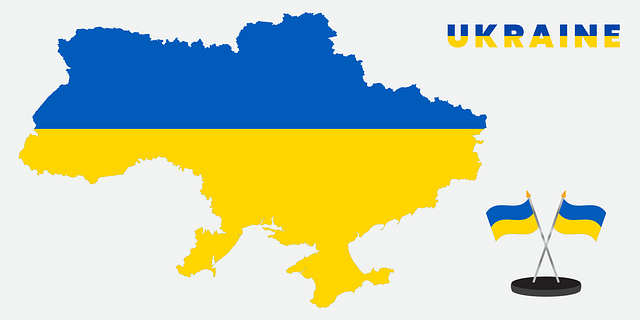The Financial Independence Retire Early (FIRE) movement encourages aggressive saving, smart investing, and mindful spending reduction to achieve independence and retire early. To boost financial independence, explore passive income sources, create a budget, track spending, and apply the 50/30/20 rule. Strategically plan and diversify investments with low-risk options like index funds or bonds. Maintain financial independence through frugal living, cutting unnecessary expenses, downsizing, and continuously reviewing budgets to live within means.
“Ever dreamed of retiring years ahead of schedule while maintaining financial independence? Welcome to the world of Financial Independence Retire Early (FIRE). This compelling journey involves understanding your numbers, masterfully managing income and expenses, and strategically planning your transition.
In this guide, we’ll explore powerful strategies and steps to help you achieve FIRE, ensuring a secure and fulfilling retirement.”
- Understanding Financial Independence Retire Early (FIRE)
- Strategies to Achieve FIRE: Income and Expense Management
- Steps to Transition and Maintain Financial Independence After Retirement
Understanding Financial Independence Retire Early (FIRE)

Financial Independence Retire Early (FIRE) is a movement and lifestyle choice that has gained significant traction in recent years. It refers to the idea of achieving financial freedom and retiring at an age much earlier than traditionally expected. The core principle revolves around earning, saving, and investing aggressively to become independent from traditional employment and live off one’s investments.
The concept of FIRE emphasizes the importance of financial discipline, smart spending habits, and often adopting minimalist principles to reduce living expenses. By doing so, individuals can reach a point where their passive income streams, such as dividends, rental properties, or well-invested assets, cover their desired lifestyle costs, allowing them to retire early and enjoy more time for personal pursuits.
Strategies to Achieve FIRE: Income and Expense Management

Achieving Financial Independence Retire Early (FIRE) starts with meticulous income and expense management. To boost your financial independence, examine every aspect of your income streams. This could involve exploring passive income sources like investing in stocks or real estate, freelancing for higher rates, or monetizing hobbies. Diversifying your income streams ensures that you have multiple avenues to generate revenue, enhancing your path to early retirement.
Similarly, managing expenses is a crucial component. Create a budget and track your spending to identify areas where you can cut back without compromising quality of life. Consider the 50/30/20 rule as a guideline: allocate 50% for needs, 30% for wants, and 20% for savings and debt repayment. Optimizing expenses, whether through downsizing your living space, cooking at home more often, or negotiating better rates on services, can significantly increase your savings rate, bringing you closer to achieving FIRE.
Steps to Transition and Maintain Financial Independence After Retirement

Transitioning to financial independence after retiring early requires careful planning and strategic adjustments. The first step is to thoroughly assess your current financial situation, including your assets, liabilities, income sources, and living expenses. This evaluation helps in understanding your net worth and identifying areas where you can cut costs or increase savings. Diversifying your investment portfolio is another crucial move; consider low-risk investments that provide steady returns, such as index funds or bonds, to ensure a stable cash flow. Regularly reviewing and rebalancing your portfolio is essential to adapt to changing market conditions.
Maintaining financial independence post-retirement involves adopting a frugal yet sustainable lifestyle. Cut unnecessary expenses and focus on allocating your resources efficiently. Downsizing your living space or adopting a more affordable housing option can significantly reduce overhead costs. Additionally, exploring passive income streams, like rental properties, investments in dividend-paying stocks, or creating digital products, can provide ongoing financial support. Regularly reviewing and adjusting your budget is vital to ensure you’re living within your means and making the most of your retirement funds.
Achieving Financial Independence Retire Early (FIRE) is a goal many strive for, and with the right strategies, it becomes an attainable reality. By understanding the concept of FIRE, implementing strict income and expense management, and taking calculated risks, you can reach financial independence faster than you think. Remember, retiring early isn’t just about saving money; it’s about gaining control over your time and pursuing passions. With careful planning and discipline, you can create a sustainable lifestyle that allows you to live life on your terms.















